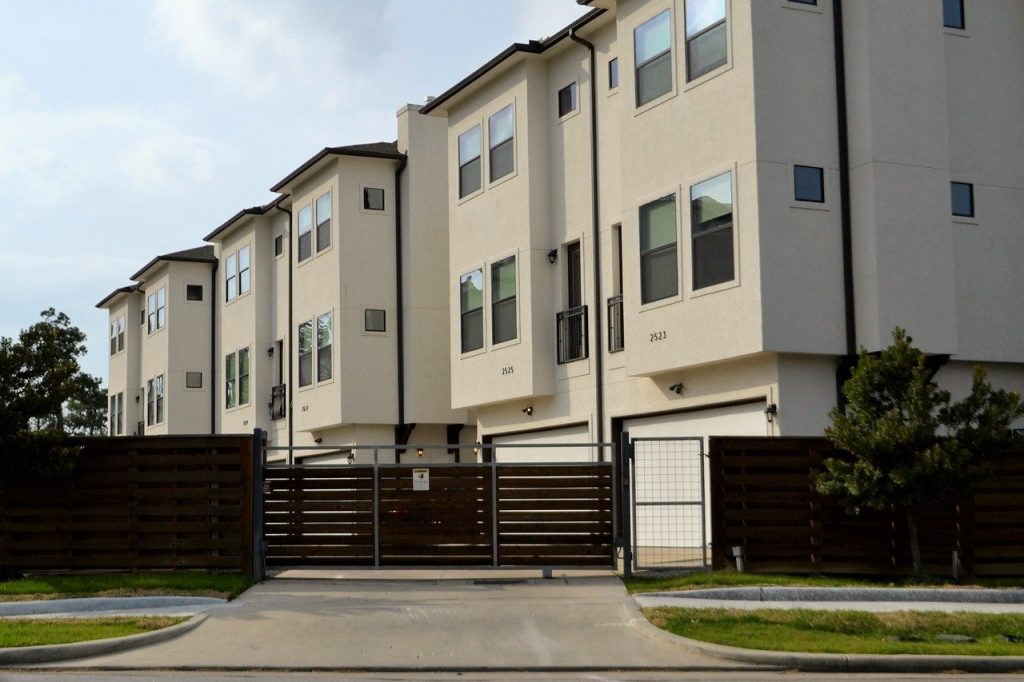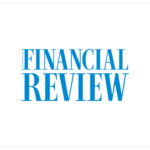As we are all well aware, the Coronavirus pandemic has significantly impacted the way the world works regarding our lifestyle, work-life and education. The extraordinary effect it’s had on the economy has meant that many industries have needed to tighten regulation and introduce unsustainable policies in the interim to endure the uncertain conditions we’re inevitably facing. Fiscal policy and the regulatory authorities’ response to COVID-19 have seen several changes come into effect regarding self-managed super funds.
Temporary Rent Relief for Tenants
The nationwide ban on evicting rental tenants posed an issue for SMSFs due to superannuation laws which state that rent cannot be less than market value. With job cuts and the unemployment rate rising, rent relief in response to COVID-19 has been unavoidable for many landlords.
The ATO has stated that there will be no action taken for the 2019-20 and 2020-21 financial years against SMSFs that offer rent reductions, waivers or deferrals.
Due to in-house asset restrictions, if the tenant is a related party, it is imperative to ensure proper documentation and evidence is recorded. You need to show that this transaction is due to financial hardship related to COVID-19 and aligns with the actions an arm’s length landlord would take. By failing to provide the rent relief in line with arm’s length terms, the difference between the reduced rent and market value could amount to a loan, which counts towards in-house assets.

In-house asset restrictions
In-house assets cannot be more than 5% of the total market value of assets held by the SMSF. A loan given, or assets leased to a related party are just two of the variety of forms in-house assets can take. Coronavirus caused the market value of many assets to decline, which means SMSFs could potentially breach the in-house asset restrictions purely due to the change in market value of various assets. Not to mention the possibility of rent relief to a related party counting toward in-house assets.
The ATO have decided they will not take action against SMSFs who have breached this restriction due to changing market conditions. If the in-house asset ratio will be automatically corrected with the recovery of the market, there is no need to dispose of in-house assets before the following financial year, as is normally required.
Minimum Pension Payments Halved
As stock markets crashed, so did the value of many super funds. To avoid adding insult to injury, the Government slashed the pension drawdown rate in an attempt to preserve super funds by avoiding the need to sell at the bottom of the market to meet the cash flow needs of the pension drawdown. For 2019-20 and 2020-21, the minimum pension drawdown rates have been halved. This will leave more funds available to take advantage of an eventual market upswing.

Limited Recourse Borrowing Arrangements (LRBAs) Relief
COVID-19 flow-on effects mean that cashflow of the SMSF could be significantly impacted due to loss of rental and investment income, or the reduced ability of members to contribute to the fund. This reduced cashflow may make it difficult to meet loan repayments under an LRBA. Relief is being provided in the form of revised repayment terms, and SMSF trustees should consult their lender if they are having issues meeting the repayments.
Coronavirus has undoubtedly created an interesting landscape for self-managed super funds. Still, despite the hardship, there have been some benefits amongst it all. When it comes to SMSF lending, interest rates have never been lower, and there are a number of special offers currently available. If you’re in the market to buy property, it could be a great time to take advantage of the current conditions.







